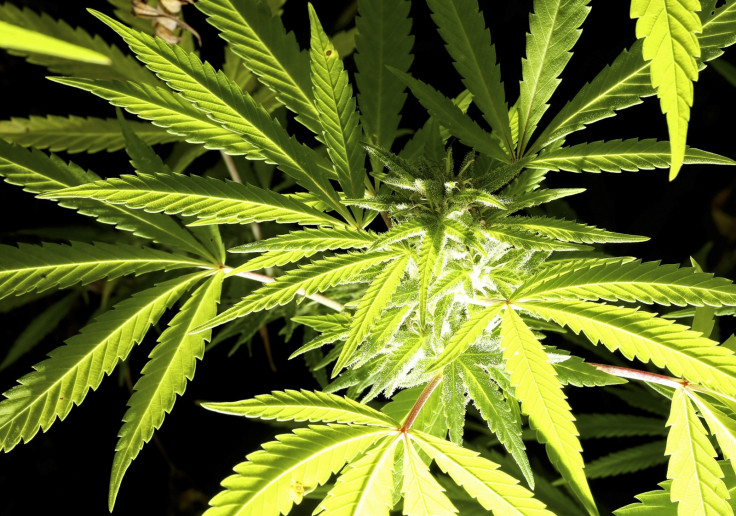Medical marijuana: Scientists find way to remove negative side effects and preserve benefits

Scientists have discovered a way to rid medical marijuana of its negative side effects.
The report, published in science journal PLOS Biology, states that a team of scientists from University of East Anglia in collaboration with the University Pompeu Fabra in Barcelona, have identified the pathway used for marijuana's main psychoactive ingredient, THC.
The researchers, who were responsible for discovering how THC reduces tumour growth, say that the pathway involves cannabinoid and serotonin receptors. When they blocked the pathway in mice, the THC still displayed medical benefits, such as pain relief and reduced nausea, but diminished the chances of memory impairment – a common side effect of marijuana.
Dr Peter McCormick, from UEA's school of Pharmacy, said: "THC, the major active component of marijuana, has broad medical use − including for pain relief, nausea and anxiety. Our previous research has also found that it could reduce tumour size in cancer patients. However, it is also known to induce numerous undesirable side effects, such as memory impairment, anxiety and dependence.
"There has been a great deal of medical interest in understanding the molecular mechanisms at work in THC, so that the beneficial effects can be harnessed without the side effects.
"THC acts through a family of cell receptors called cannabinoid receptors. Our previous research revealed which of these receptors are responsible for the anti-tumour effects of THC. This new research demonstrates how some of the drug's beneficial effects can be separated from its unwanted side effects.
"This research is important because it identifies a way to reduce some of what, in medical treatment, are usually thought of as THC's unwanted side effects, while maintaining several important benefits, including pain reduction."
Although the initial tests were on mice, the researchers hope that it is a breakthrough that will lead to safer cannabis-based treatment therapies.
"I hope that our research will lead to a safe synthetic equivalent being available in the future," added McCormick.
© Copyright IBTimes 2025. All rights reserved.






















